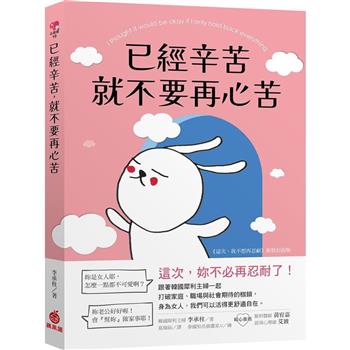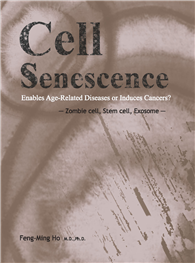The original autographs of the Greek New Testament no longer exist, and thus the texts that are used in Bible translations today have been restored through the process of textual criticism based on the manuscript evidence we still possess. Over the centuries, the process of textual criticism has primarily been a subjective art, utilizing widely different methodologies, subject to personal opinion and theological bias. As a result, there are many different Greek New Testament texts that are used for Bible translations which differ from each other in thousands of places, without any objective basis for authority. Scientific textual criticism, however, represents a fundamental paradigm shift from the past, where subjective decisions on variant readings are replaced with advanced statistics and algorithms rooted in the fields of data science and computer science, conforming to the scientific principles of objectivity, plausibility, transparency, and reproducibility.
| FindBook |
有 1 項符合
Restoration of the New Testament: The Case for Scientific Textual Criticism的圖書 |
 |
Restoration of the New Testament: The Case for Scientific Textual Criticism 作者:Bunning 出版社:Glossahouse 出版日期:2024-02-23 語言:英文 規格:平裝 / 114頁 / 22.86 x 15.24 x 0.61 cm / 普通級/ 初版 |
| 圖書館借閱 |
| 國家圖書館 | 全國圖書書目資訊網 | 國立公共資訊圖書館 | 電子書服務平台 | MetaCat 跨館整合查詢 |
| 臺北市立圖書館 | 新北市立圖書館 | 基隆市公共圖書館 | 桃園市立圖書館 | 新竹縣公共圖書館 |
| 苗栗縣立圖書館 | 臺中市立圖書館 | 彰化縣公共圖書館 | 南投縣文化局 | 雲林縣公共圖書館 |
| 嘉義縣圖書館 | 臺南市立圖書館 | 高雄市立圖書館 | 屏東縣公共圖書館 | 宜蘭縣公共圖書館 |
| 花蓮縣文化局 | 臺東縣文化處 |
|
|
圖書介紹 - 資料來源:博客來 評分:
圖書名稱:Restoration of the New Testament: The Case for Scientific Textual Criticism
|










